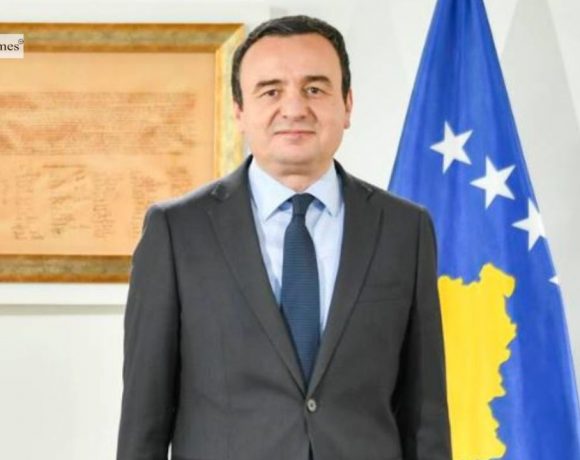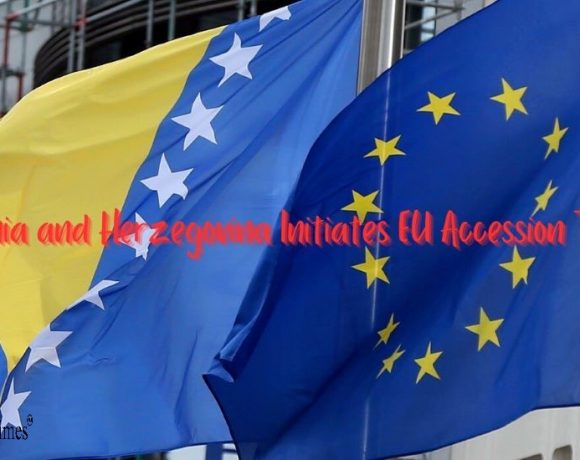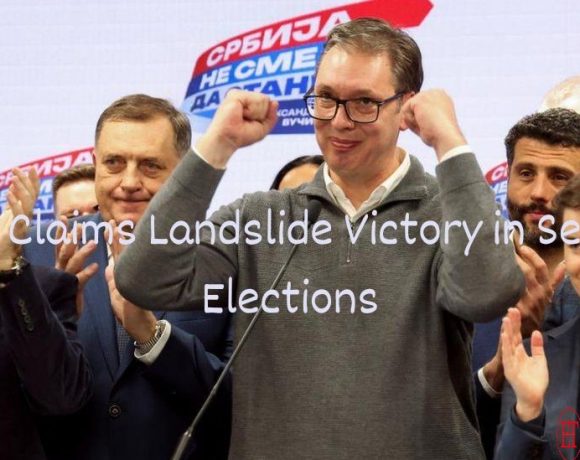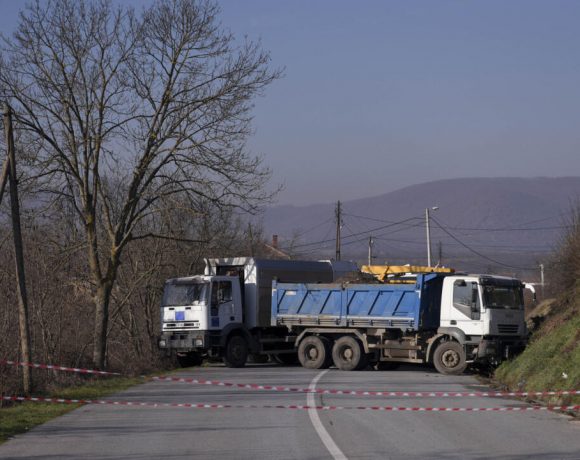
Kosovo Prime Minister Albin Kurti has vowed to quickly form a new government after his Vetevendosje Party secured nearly half of the votes in Sunday’s snap parliamentary election. The victory could end a year-long political deadlock that stalled parliament and delayed crucial international funding. Kurti emphasized the need for swift action to certify results, constitute parliament, and move forward without delay.
Kurti’s party received 49.3% of votes with 99% counted, while the main opposition parties, the Democratic Party and the Democratic League, garnered 21% and 13.6% respectively. Analysts note that Kurti may need support from smaller Albanian or minority parties to form a stable government, as conditional votes and those from the diaspora have yet to be tallied. Supporters celebrated in Pristina, waving party flags and lighting fireworks despite sub-zero temperatures.
The prolonged political impasse threatens key EU and World Bank loans totaling €1 billion, as well as the election of a new president in April. Kurti’s government faces criticism over his handling of relations with Western allies and Kosovo’s ethnically divided north. To appeal to voters, he has promised increased public sector salaries, capital investment of €1 billion annually, and a new anti-organised crime prosecution unit, aiming to address poverty and instability in the Balkan country.
Pic courtesy: google/ images are subject to copyright





